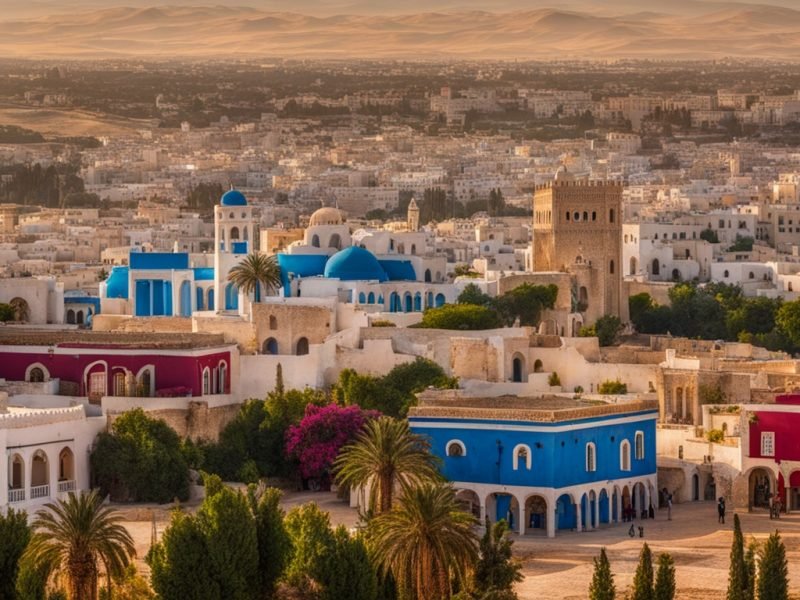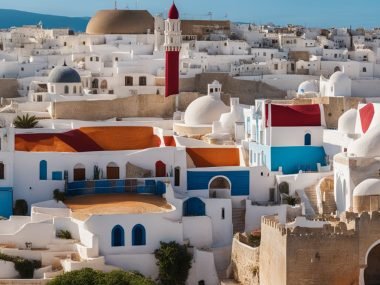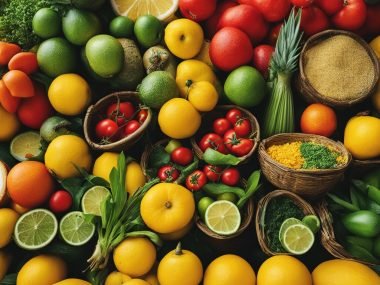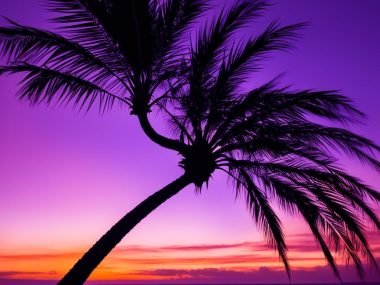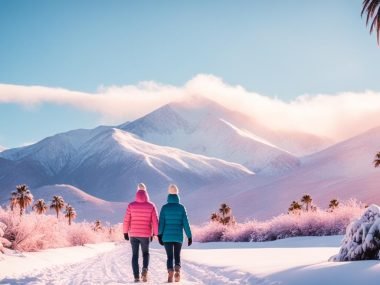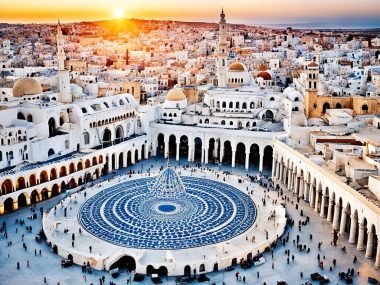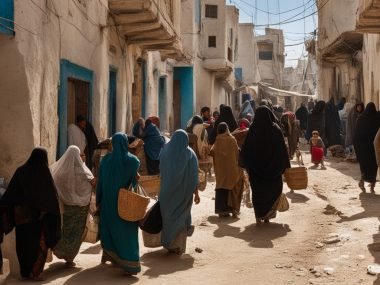Did you know Tunisia is at the very top of Africa? It’s unique because it mainly has Arab and Berber people. This mix makes Tunisia very special. It’s officially called the Republic of Tunisia. It’s a country with its own rules and leaders. Tunisia is next to Algeria and Libya. It also meets the Mediterranean Sea. This place is full of old stories, from the city of Carthage to times when other countries ruled it.
Tunisia became its own country in 1956, after being ruled by France. Its capital is Tunis, a city full of life and history. Being part of big world groups like the United Nations shows Tunisia is an important place.
Key Takeaways
- Tunisia, officially known as the Republic of Tunisia, is the northernmost country in Africa.
- It is a sovereign nation with a unitary semi-presidential republic governance structure.
- Tunisia gained independence from French colonial rule in 1956, affirming its status as an independent country.
- The capital city of Tunis is a central hub of cultural and historical significance.
- Tunisia is well-integrated into the international community with memberships in several global organisations.
Understanding the Nation Status of Tunisia
Tunisia is known as the Republic of Tunisia. It became independent from France in 1956. Since then, Tunisia has had a clear government system.
Republic of Tunisia
The Republic of Tunisia has a structured political system. This title shows it is a sovereign and self-governing country. It uses a semi-presidential system, sharing power between two leaders.
Etymology and Historical Significance
The name Tunisia comes from its capital, Tunis. It has Berber origins. This links it to the deity Tanith from Carthage.
The name reflects Tunisia’s long history. It’s been shaped by many cultures, like the Berbers and the Romans. French and Ottoman influences have also left a mark. This mix of cultures makes Tunisia important in the Maghreb. It has a rich heritage from ancient to modern times.
Geographical Location and Features of Tunisia
Tunisia is in North Africa’s heart. It has a special spot on the map. Tunisia is at 34°N 9°E, next to Algeria and Libya. It has a long, beautiful coast along the Mediterranean Sea.
Coordinates and Borders
Tunisia has a key place in North Africa. It is close to Algeria and Libya. This location gives it various climates, from cool Mediterranean to hot Sahara desert.
Major Cities and Landmarks
Tunisia has many important cities. Its capital, Tunis, is the biggest city. Sfax has a busy port. Sousse is known for its beaches. Gabes mixes desert and sea.
The country’s landmarks show its history. Carthage has ancient ruins. The Great Mosque of Kairouan is important for history and religion. The Amphitheatre of El Jem shows Roman building skill.
| City | Highlight |
|---|---|
| Tunis | Political and Economic Centre |
| Sfax | Industrial Hub |
| Sousse | Historical Medina |
| Gabes | Blend of Desert and Sea |
Tunisia’s Government and Political Structure
Tunisia is a semi-presidential republic. This means the country combines presidential and parliamentary systems. It shows a modern way to govern in North Africa.
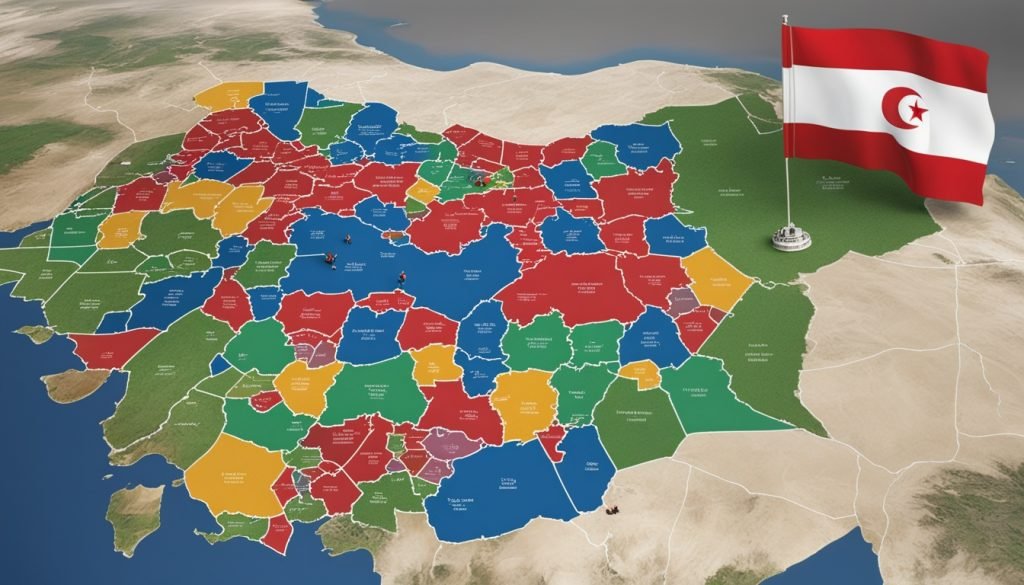
Semi-Presidential Republic
In Tunisia, the President and the Prime Minister share power. President Kais Saied focuses on national security and foreign policy. Meanwhile, Prime Minister Ahmed Hachani handles daily government tasks and the economy.
Current Leadership
President Kais Saied and Prime Minister Ahmed Hachani lead Tunisia. They work together in a system that aims for power balance. This approach helps keep the government stable. Tunisia’s parliament has two parts, ensuring laws are carefully checked.
The Morocco government seeks a balance between modern needs and tradition. After 2011’s Tunisian Revolution, Tunisia kept improving its government. This shows their dedication to democracy and progress.
A Historical Overview of Tunisia
Tunisia has a rich history, influenced by many important times. Each period left a lasting mark.
Ancient Carthage
Ancient Carthage was founded in the 9th century BC by Phoenician settlers. It became a strong maritime and commercial power. Eventually, it clashed with Rome in the Punic Wars and was defeated in 146 BC. Today, its ruins show its importance in Tunisia’s history.
Colonial and Post-Colonial Era
After Carthage fell, different powers ruled Tunisia. It became part of the Arab world in the 7th century. The Ottoman Empire took over in the 16th century, followed by French control in 1881. Tunisia got its independence in 1956.
Tunisia then began to change under President Habib Bourguiba. His modern policies reshaped the country. From 1987, President Zine El Abidine Ben Ali took over until the 2011 Tunisia Revolution. This led to democracy and impacted the Arab world. It was a new start for Tunisia.
Cultural and Ethnic Composition of Tunisia
Tunisia’s culture reflects its diverse history. It has felt the touch of Berbers, Phoenicians, and Arabs. Today, most people are Arab Berbers. There are also Europeans, Jews, and others adding to the mix. This diversity makes Tunisia unique.
Tunisians are known for their hospitality. Visitors from all over feel welcomed here. This friendliness is a core part of Tunisian life. It draws visitors and builds worldwide friendships.
Tunisia’s blend of ethnic groups has shaped its arts and culture. Music, dance, and food display this mix. For example, malouf music and spice-rich dishes showcase Tunisia’s cultural wealth.
Economic Overview of Tunisia
Tunisia is known as a lower-middle-income country. Its economy includes farming, mining, making goods, and dealing with oil. The GDP per capita shows it’s doing quite well in Africa.
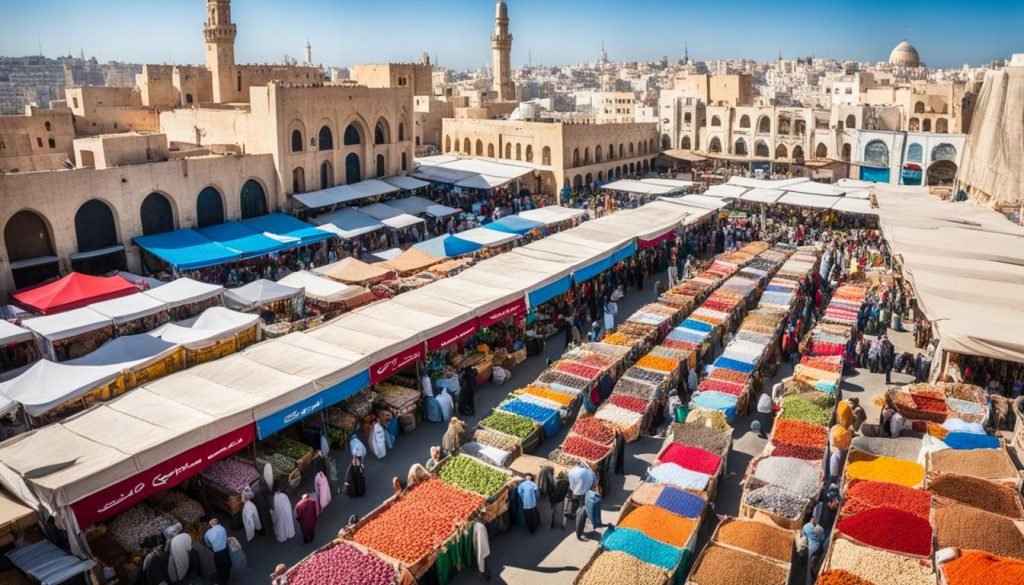
Tunisia is also doing great on the Human Development Index in Africa. This is because of its good social policies after getting independence. These efforts were to make the economy better and improve people’s lives. Still, Tunisia has some economic problems to fix.
| Economic Indicator | Tunisia | Regional Average |
|---|---|---|
| GDP Per Capita (USD) | $4,000 | $3,200 |
| Human Development Index | 0.74 | 0.53 |
| Gini Coefficient | 35.8 | 40.5 |
Tunisia looks quite good economically. But, the medium Gini coefficient shows not everyone is wealthy. It means even though Tunisia earns more, not all people see this wealth the same.
Key Facts About Tunisia
Exploring Tunisia shows exciting things about its people and culture.
Population and Demographics
More than 11 million people live in Tunisia. Most people are Arabs and some are Berbers. These groups make Tunisia’s culture very special.
Languages and Religion
Arabic is Tunisia’s main language. People also speak Tunisian Arabic every day. French is used in schools and government, but it’s not official.
Most people in Tunisia follow Sunni Islam. There are also Christians, Jews, and Shia Muslims. This mix makes Tunisia’s religious life very rich.
Is Tunisia A Country?
Tunisia is known worldwide. It fought for its freedom and is now seen as a grown country. This journey has won it many friends around the globe.
Sovereignty and Independence
In 1956, Tunisia gained its independence. Since then, it has run its own affairs. This was a big step that showed the world Tunisia could stand on its own.
The country runs itself with its own rules, policies, and freedom. Its independence is seen in how it makes its own decisions.
International Recognition and Affiliations
Tunisia is part of big groups like the United Nations and the African Union. Being a close ally of the United States also shows its importance. It works well with many countries and follows international agreements.
Tunisia is known and respected in the world. It talks to other countries and works together in big group projects. This helps Tunisia make good friends and have a strong voice worldwide.
Conclusion
Tunisia is famous for its deep history and rich culture. It has ancient cities like Carthage and modern ones like Tunis. This mix of old and new influences Tunisia’s identity.
The country has a solid political setup, being a semi-presidential republic. This ensures it is governed well. It also helps Tunisia have a strong role in the world.
Tunisia’s culture is a mix of Arab, Berber, and Mediterranean traits. This makes it vibrant and unique. This rich mix is a key part of Tunisia’s identity.
Tunisia is also known for blending traditions with new goals. This shows the country’s strong spirit. It can adapt well to changes.
Tunisia plays a big role in international groups like the United Nations. This shows it is committed to working together with others. Being part of these groups puts Tunisia on the global map. It plays a key role in global talks and projects.

